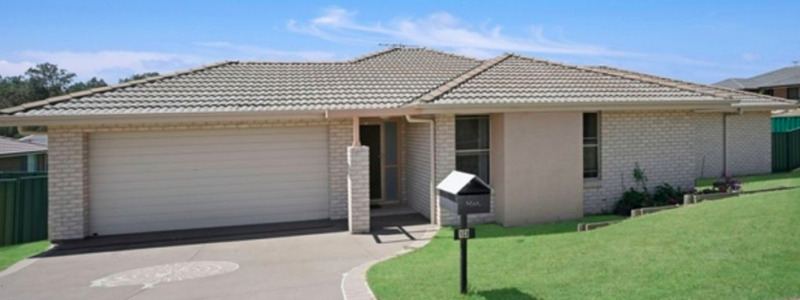Positive Cash Flow Properties

What are the Pros and Cons of buying positive cashflow properties
Investing in real estate is a great way to build wealth and secure financial freedom. One of the ways to achieve this is by purchasing positive cashflow properties. A positive cashflow property is one where the rental income generated from the property is higher than the costs of owning and managing the property, such as mortgage payments, maintenance costs, property management fees, and taxes.
In this article, we will discuss the pros and cons of buying positive cashflow properties.
Pros of buying positive cashflow properties
- Regular and steady income
Positive cashflow properties provide a regular and steady income stream for investors. This income can be used to pay off the mortgage on the property or reinvested into other income-producing assets.
- Low-risk investment
Positive cashflow properties are a low-risk investment as they generate a steady income, which provides a cushion against any unexpected expenses that may arise. This reduces the risk of defaulting on mortgage payments or losing the property.
- Higher return on investment
Investing in positive cashflow properties can generate higher returns on investment as the rental income generated is higher than the costs of owning and managing the property. This means that investors can pay off the mortgage on the property faster and start generating a profit sooner.
- Tax benefits
Positive cashflow properties offer tax benefits to investors, including deductions for mortgage interest payments, property taxes, depreciation, and repairs and maintenance. These deductions can significantly reduce the amount of tax owed by investors.
Cons of buying positive cashflow properties
- Higher upfront costs
Positive cashflow properties typically require higher upfront costs, including a larger deposit and higher interest rates on the mortgage. This can make it difficult for investors to purchase multiple properties.
- Limited capital growth
Positive cashflow properties may not experience significant capital growth over time. This is because they are typically located in areas with lower property values and rental yields, which limits the potential for appreciation in property value.
- Higher property management costs
Positive cashflow properties require ongoing management, including finding and screening tenants, collecting rent, and handling repairs and maintenance. This can result in higher property management costs, which can eat into the profits generated by the property.
- Limited flexibility
Positive cashflow properties may limit the flexibility of investors to make changes to the property. For example, investors may not be able to renovate or upgrade the property to increase its value without disrupting the rental income generated by the property.
Tips for buying positive cashflow properties
- Conduct thorough research
Before investing in a positive cashflow property, it is essential to conduct thorough research on the property and the surrounding area. This includes researching rental yields, property values, vacancy rates, and local amenities.
- Consider the location
The location of the property is critical when investing in positive cashflow properties. Properties located in areas with high demand for rental properties, such as near universities or major employment centers, are more likely to generate higher rental income.
- Choose the right type of property
Investors should consider the type of property they want to invest in when purchasing positive cashflow properties. This includes considering the number of bedrooms and bathrooms, the age of the property, and its overall condition.
- Analyze the costs
Investors should carefully analyse the costs associated with owning and managing the property when purchasing positive cashflow properties. This includes mortgage payments, property taxes, insurance, maintenance costs, and property management fees.
- Hire a property manager
Investors should consider hiring a property manager to handle the ongoing management of the property. This can help reduce the workload and stress associated with managing the property and ensure that the property is being managed effectively.
Positive cashflow properties can provide investors with a regular and steady income stream and offer tax benefits. However, they also come with higher upfront costs. Speak to a mortgage broker about your borrowing power and see if you can buy an investment property today.
_________________________
Read more:
Can you shorten your home loan term?
Consequences of Late Home Loan Repayments
How does rising inflation affect your borrowing power?
_________________________




